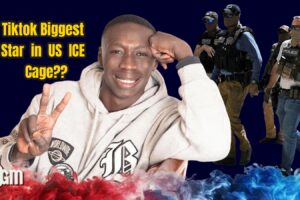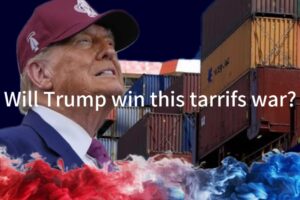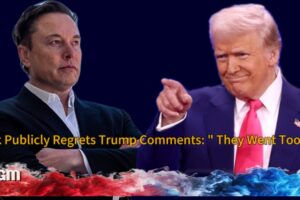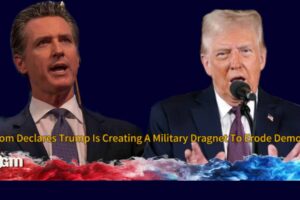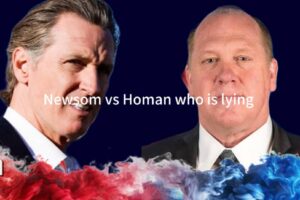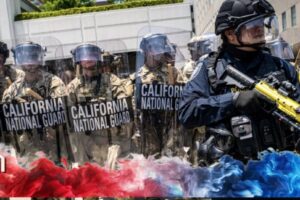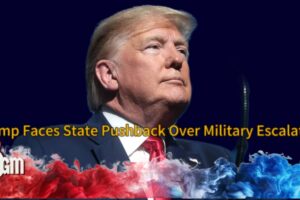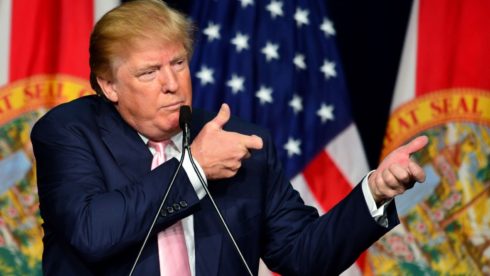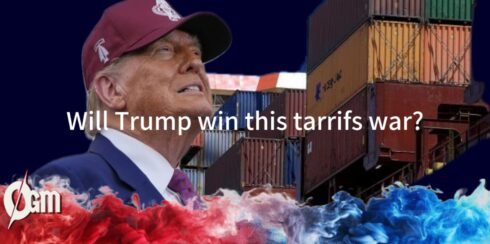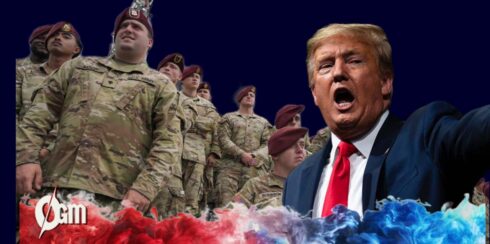President-elect Donald Trump has formally requested the U.S. Supreme Court to delay the enforcement of a TikTok ban scheduled to take effect on January 19, a day before his inauguration. Through a legal filing on Friday, Trump’s lawyer emphasized that the president-elect opposes banning the app and wishes to pursue a political resolution once in office.
This request comes amidst growing controversy surrounding TikTok’s Chinese ownership and alleged ties to the Chinese government—claims that ByteDance, the app’s parent company, denies. The ban stems from a bipartisan law passed by Congress and signed by President Joe Biden, which mandates ByteDance to divest TikTok to an American entity or face prohibition. Trump’s plea seeks to avert immediate legal action, granting him time to address the matter diplomatically.
Supreme Court Set to Hear TikTok Case Days Before Ban
On January 10, the U.S. Supreme Court is scheduled to hear arguments concerning the divest-or-ban law targeting TikTok. The law, which has been criticized for its implications on free speech, was enacted over national security concerns. U.S. lawmakers argue that ByteDance’s alleged links to the Chinese government pose a security threat, a claim that TikTok has consistently disputed.
TikTok and ByteDance have faced multiple legal defeats in their attempts to overturn the legislation. With no American buyer emerging to acquire TikTok, the Supreme Court hearing represents the companies’ last chance to halt the ban. While the Court previously declined emergency intervention, it has agreed to review the case as the ban looms.
National Security Concerns Fuel Debate
The U.S. Justice Department, backed by nearly two dozen state attorneys general, has argued that TikTok’s alleged Chinese ties threaten national security. States like Montana, represented by Attorney General Austin Knudsen, have been vocal in their support of the divest-or-ban law, urging the Supreme Court to uphold it.
The concerns center on the potential misuse of TikTok’s data by the Chinese government, with critics citing risks to privacy and sovereignty. Despite these allegations, TikTok’s supporters, including Trump, argue that a ban would infringe on Americans’ free speech rights and stifle political expression, especially among younger users.
Trump’s Evolving Stance on TikTok
Interestingly, Trump’s current opposition to the TikTok ban contrasts with his earlier support for such measures during his first term as president. At a recent press conference, Trump expressed a personal connection to the platform, citing its role in engaging young voters. “I have a warm spot in my heart for TikTok,” he remarked, suggesting the app contributed to his youth outreach efforts.
This nuanced stance highlights Trump’s recognition of TikTok’s cultural significance in the U.S., with over 170 million users nationwide. His willingness to delay the ban signals a shift toward fostering dialogue rather than resorting to immediate legal actions.
Impact on American Users and Platform’s Future
With 170 million users in the United States, TikTok’s potential ban carries significant implications for digital communication and content creation in America. The platform’s massive user base has transformed it into a crucial medium for entertainment, business, and political discourse, making the outcome of this legal battle particularly consequential.
The absence of a potential buyer thus far has heightened tensions surrounding the January 19th deadline, with ByteDance’s final legal recourse now resting with the Supreme Court. The platform’s fate hangs in balance as stakeholders await the court’s decision on this unprecedented case involving technology, national security, and free speech.
Political Implications and Trump’s Position
Trump’s recent statements about TikTok reflect a notable shift in his stance, particularly emphasizing the platform’s perceived role in youth engagement. Despite his previous support for a ban during his first term, Trump now claims a “warm spot in my heart for TikTok,” citing supposed youth support, although factual data indicates that a majority of young voters supported his opponent.
The timing of this legal intervention, coming just days before Trump takes office and the ban’s implementation, adds another layer of complexity to an already intricate situation. His request for delay, while taking “no position on the underlying merits of this dispute,” suggests a potential shift in how the incoming administration might handle this sensitive international technology issue.

